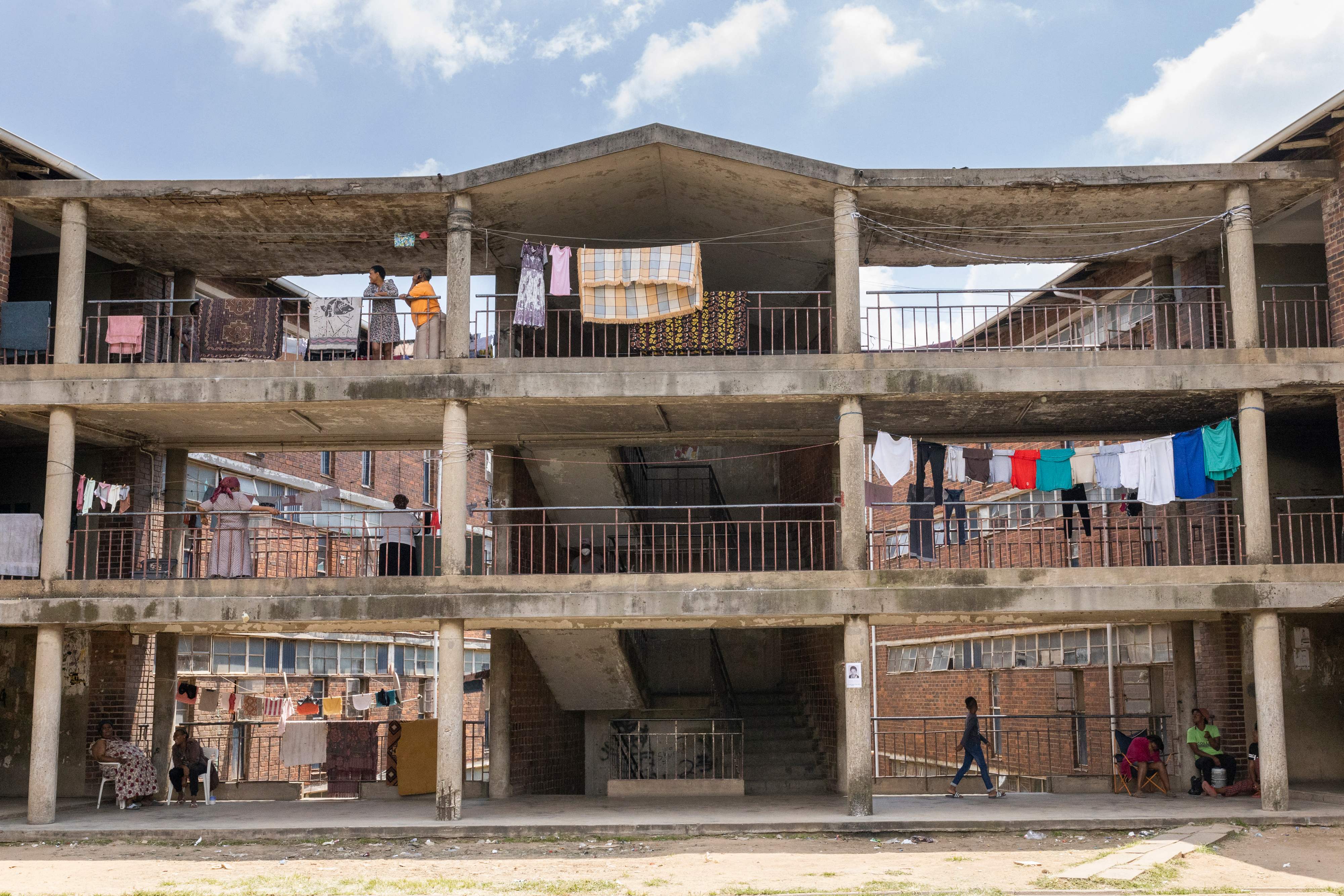South Africa is the most unequal country in the world, says World Bank report
South Africa’s richest 10 per cent own more than 71 per cent of the country’s wealth, report says

Your support helps us to tell the story
From reproductive rights to climate change to Big Tech, The Independent is on the ground when the story is developing. Whether it's investigating the financials of Elon Musk's pro-Trump PAC or producing our latest documentary, 'The A Word', which shines a light on the American women fighting for reproductive rights, we know how important it is to parse out the facts from the messaging.
At such a critical moment in US history, we need reporters on the ground. Your donation allows us to keep sending journalists to speak to both sides of the story.
The Independent is trusted by Americans across the entire political spectrum. And unlike many other quality news outlets, we choose not to lock Americans out of our reporting and analysis with paywalls. We believe quality journalism should be available to everyone, paid for by those who can afford it.
Your support makes all the difference.South Africa is the world’s most unequal country and race plays the biggest role in pushing inequality, a new World Bank report has said.
Despite being three decades since the end of apartheid in South Africa, the country’s richest 10 per cent own more than 71 per cent of wealth, according to the report “Inequality in Southern Africa”, published by the World Bank on Tuesday.
The country’s stark inequality persists because of race and “its impact on education and the labour market”, said the report.
“South Africa, the largest country in the Southern African Customs Union (SACU) is the most unequal country in the world, ranking first among 164 countries,” it said.
The Washington-based lender had previously termed South Africa the most unequal country in a 2018 report.
According to the report, race’s contribution to income inequality amounts to 41 per cent, while the contribution of education had been reduced to 30 per cent.
Botswana, Eswatini, Lesotho and Namibia – all members of SACU – also ranked among the top 15 most unequal countries.
“In Namibia and South Africa, the story is one of incomplete transition after apartheid,” the authors of the report stated.
“Political progress in these countries has not been matched by progress in equity and economic fairness, mainly because distortions from their past pose critical obstacles to social progress,” it added.
“In South Africa, the legacy of colonialism and apartheid, rooted in racial and spatial segregation, continues to reinforce inequality of outcomes,” it further said.
The report explained that rising wages for skilled labourers and stagnant wages for semi-skilled labourers have caused wage inequalities.
Although per capita consumption in the region improved slightly from the 2000s up to 2016, most data collected for the report predated the Covid pandemic, which pushed 3.2 million people into poverty in the SACU.
The report was prepared using the Gini Index, an economic tool that looks at consumption and expenditure to measure inequality.
Apart from race, gender has also played a key role in driving inequality. Women in the region earn on an average 30 per cent less than men with the same educational qualifications, the report stated.
Earning gaps for women widened to 38 per cent in South Africa, followed by 32 per cent in Lesotho.
The uneven distribution of agriculture has fueled inequality too, especially in rural areas. In Namibia, at least 70 per cent of the 39.7 million hectares of agricultural land “still belong to Namibians of European descent,” it said.
“Levelling the playing field at birth through more inclusive delivery of quality education, health, and basic services is critical to reducing inequality in the region,” said Marie Francoise Marie-Nelly, the World Bank’s country director.
To reduce the gap between the rich and the poor, the World Bank has recommended enhancing the impact of fiscal policy on inequality and promoting equality of opportunity through strengthening equal access to public services.
Join our commenting forum
Join thought-provoking conversations, follow other Independent readers and see their replies
Comments